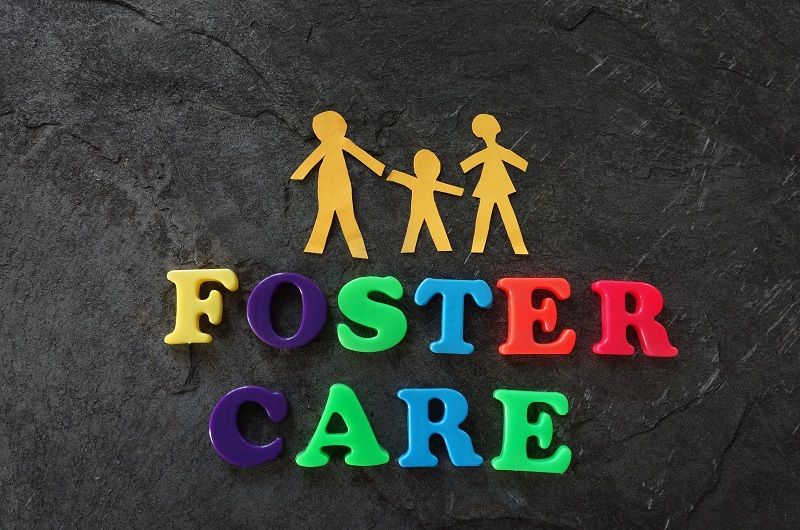

Summary
Because employer-sponsored health insurance coverage is not taxable, the health insurance of 60% of covered Americans is tied to their job. Government should level the playing field in the tax code between employer-sponsored and individually purchased health insurance, eliminating a substantial bias for employer-sponsored health care which encourages employees to stake both their income and their health care on their job.
Word count: 724
Americans bet on keeping their jobs to maintain financial security; but the employer-sponsored health care model of the U.S. forces most Americans to double-down on that bet, increasing both economic anxiety and the real cost of job losses.
Nearly 60% of Americans with health insurance get coverage through their employers. Employer-sponsored policies frequently cover family members as well, raising the importance of keeping the policy to the employee. The strong linkage between employment and healthcare did not develop naturally. Rather, this link was created during World War II, when market-distorting wage caps forced employers to offer incentives like health insurance to attract workers. In 1943, the Internal Revenue Service ruled that compensation in the form of health insurance was not capped by existing laws or taxable as income.
It is easy to see how this IRS decision has unnaturally bolstered the employer-provided health care model. If an employer pays a worker an extra $1 per hour, the employer must pay an extra $0.0765 in payroll taxes. The worker also pays $0.0765 in payroll taxes, plus any increase in income tax associated with the higher wage. But if that same employer pays his employee with a health insurance package worth $1 an hour (~$160/month with a 40-hour work week), neither employer nor employee owes any additional tax.
The tax revenue government forgoes by not taxing health care benefits as income amounts to an enormous government subsidy for health insurance, but only if the insurance is provided through an employer. This subsidy certainly has helped more people get health insurance, but it does so at the cost of making a job loss result in both lost income and lost health insurance. Increased potential losses associated with getting laid off contribute to more pessimism about the economy and greater anxiety for workers.
The problem of lost health care differs from other economic issues like rising energy prices or slow economic growth because it is entirely government-created. Therefore, government action easily could fix it. Over 60 years ago, the IRS ruled that compensation paid in the form of employer-provided health care is not taxable. In light of today’s circumstances, Congress could change this so that compensation paid as health care is taxable.
But making employer-sponsored health care taxable should not necessarily mean higher taxes for the overwhelming majority of workers. This could be accomplished by changing the subsidy to a refundable tax credit for everyone with health insurance, whether employer-sponsored or individually purchased. With an individual-level subsidy, even if one member of a household lost his job, the household would not lose its subsidy for health insurance, helping the household pay these costs out of pocket and avoid a double calamity.
could…become a national leader by changing state income tax treatment of health care expenditures, so that individual purchasers are treated the same as those who receive coverage through their employers.”
This change also addresses another flaw of the current system: It is an uncapped subsidy which gives the largest benefits to high-earning workers with expensive health plans. Even if an employer were to compensate an employee with a million dollar health plan, the employer and employee still pay no additional taxes. A capped, refundable tax-credit for all is relatively more valuable for low-wage earners, but it reduces the subsidy paid to workers with “gold-plated” health care plans. The reduced subsidy for high earners allows the refundable tax credit to be “budget neutral.” While more people are now receiving a subsidy, the total cost of that subsidy remains the same as under the current system.
Although the largest health care subsidy is at the Federal level, Oregon still could begin to address this problem and become a national leader by changing state income tax treatment of health care expenditures, so that individual purchasers are treated the same as those who receive coverage through their employers.
Employer-sponsored coverage does have some advantages. Large employers have more bargaining power and employers have a financial incentive to fund wellness programs and other efforts to improve employee health. For these reasons, employer-sponsored insurance may still make sense for some people. The employer-sponsored health care model does not need to be scrapped. Instead, government should level the playing field between employer-sponsored and individually purchased health insurance, eliminating a substantial bias for employer-sponsored health care which encourages employees to stake both their income and their health care on their job.
As any gambler can tell you, the higher the stakes, the more you sweat. The government should help its citizens sweat less, not more.
Attention editors and producers:
Cascade Commentaries are provided for reprint in newspapers and other publications, with credit given to author(s) and Cascade. Contact Cascade to arrange print or broadcast interviews on this commentary topic.
Electronic text files are available online at www.cascadepolicy.org.
Please contact:
Nancy Wheaton
Cascade Policy Institute
4850 SW Scholls Ferry Rd.
Suite 103
Portland, Oregon 97225
Phone: (503) 242-0900
Fax: (503) 242-3822
www.cascadepolicy.org
info@cascadepolicy.org
Cascade Policy Institute is a tax-exempt educational organization as defined under IRS code 501(c)(3). Nothing appearing in this Cascade Commentary is to be construed as necessarily representing the views of Cascade or its donors, or as an attempt to aid or hinder the passage of any bill before any legislative body. The views expressed herein are the author’s own.











